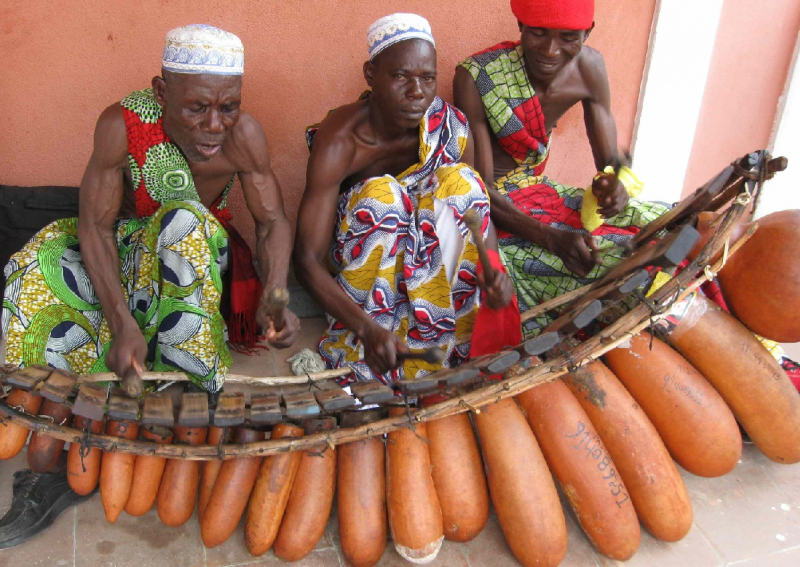Music
Angola's music has been influenced by both global musical trends and the country's political history. While Angolan music has had an impact on the music of other Lusophone countries. In turn, Angolan music helped to create and reinforce angolanidade, or Angolan national identity. Luanda, Angola's capital and largest city, is home to a varied range of styles such as kilapanda, semba, kizomba, and kuduro. Ilha do Cabo, located just off the coast of Luanda, is known for its accordion and harmonica-based music known as rebita. Angola was tormented by violence and political instability in the twentieth century. Government forces suppressed Angolan musicians both under Portuguese occupation and after independence.
Semba is the forefather of a range of African music forms. Samba, kizomba, and kuduro are three of the most well-known. Angola has seen the rise of a new, more electronic music movement known as kuduro. It combines traditional Kilapanga, Semba, and Soca from Angola with Western house and techno. The worldwide group Buraka Som Sistema is the main proponent of Kuduro, but there are a number of performers active on the national scene as well as an increasing number of bedroom producers. Today, kizomba is the most popular genre. Kizomba is a partnered social dance that is swiftly gaining popularity around the world, particularly in Europe and North America. Discussions of kizomba use adjectives like "attached," "sensual," and "intimate," resulting in dancing experiences and a larger scene packed with affect and underlying sexuality.













